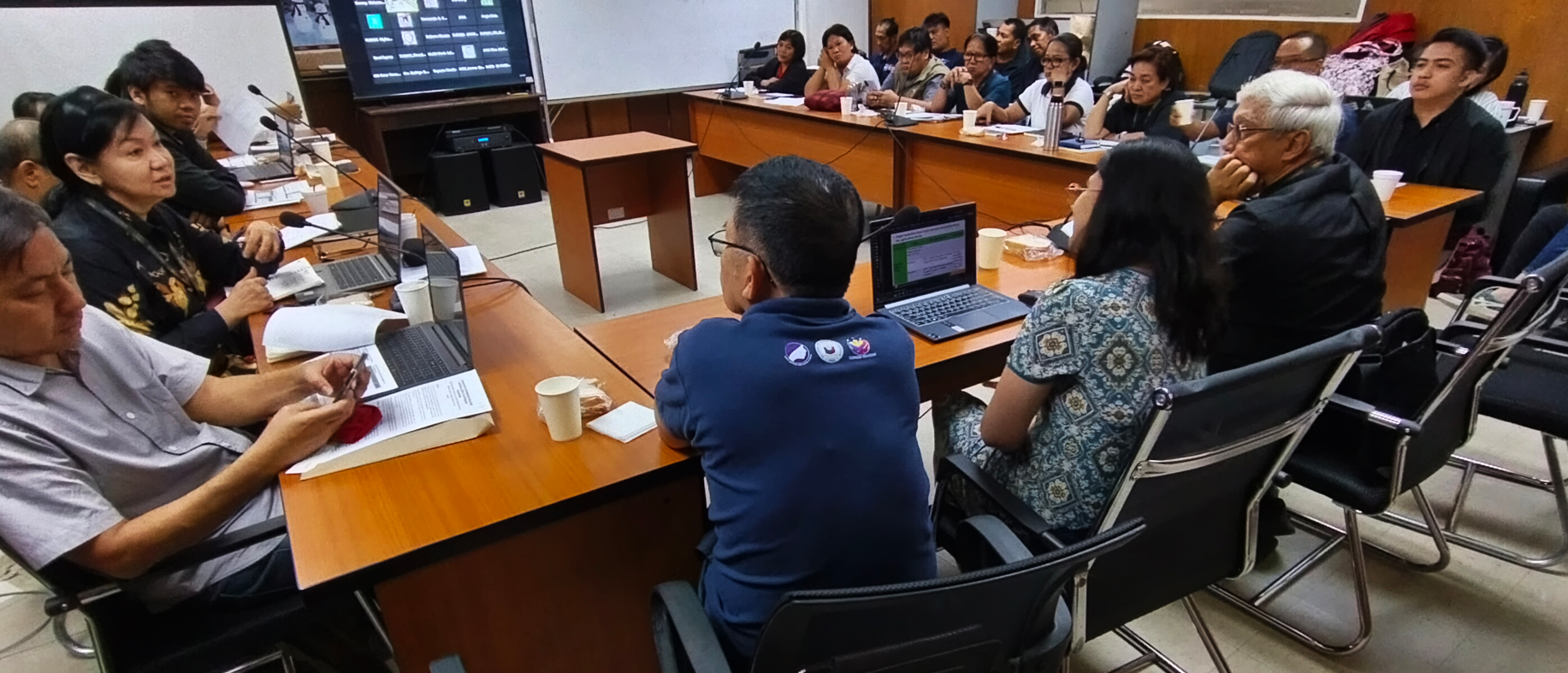


With indigenous peoples’ close relationship with the environment, they are considered to be the stewards of our forests. While this is widely acknowledged, their capacity for environment protection is also questioned by some.
The Philippines implements laws on the recognition of IP rights and environment protection both complying with the Convention on Biodiversity (CBD)[1] through RA 8371 or the Indigenous Peoples Rights Act, and RA 7586 or the National Integrated Protected Areas System (NIPAS) Act.
These laws, however, have overlapping provisions adversely implicating one another. Protected areas declared by the NIPAS Act within ancestral territories are managed by the Protected Area Management Board (PAMB). Many communities decry the establishment of these new governance structures as an expression of disrespect and infringement on their rights as the ‘owners’ of the land.
On 20-21 March 2017, indigenous peoples, CSOs, IGOs, and representatives from government agencies gathered in a Stakeholders’ Consultation and Policy Dialogue for the ICCA Bill and the ENIPAS Bill[2] at the University Hotel, UP Diliman, Quezon City to clarify the manner in which overlapping protected areas, ancestral domains, and indigenous community conserved areas and territories (ICCAs) would be governed.
The consultation revisited the provisions of IPRA and other national laws in reviewing the ICCA and ENIPAS Bills. Participants agreed that in areas where there is geographical overlap, ICCAs would remain part of protected areas; but within ICCAs, customary laws would have primary applications, and the PAMB would play a supplementary role only.
During policy dialogue discussions with government agencies[3] and CSOs[4], participants agreed on the following:
With the common goal of passing the ICCA Bill, the event concluded with the proposed revisions on the Bill (see further details here).
Related story: #AgriFYI: IPs, protected areas, and territories posted by RealTalk.
[1] CBD lays internationally accepted standards on the protection of the rights and welfare of IPs in the conservation of natural resources within their territories.
[2] Organized by DENR-BMB, GEF, UNDP, NCIP, PAFID, and KASAPI
[3] Participating representatives of government agencies include NCIP and DENR-BMB.
[4] Participating CSOs were Tebtebba Foundation, ANGOC, LRC-KSK, UGAT.
